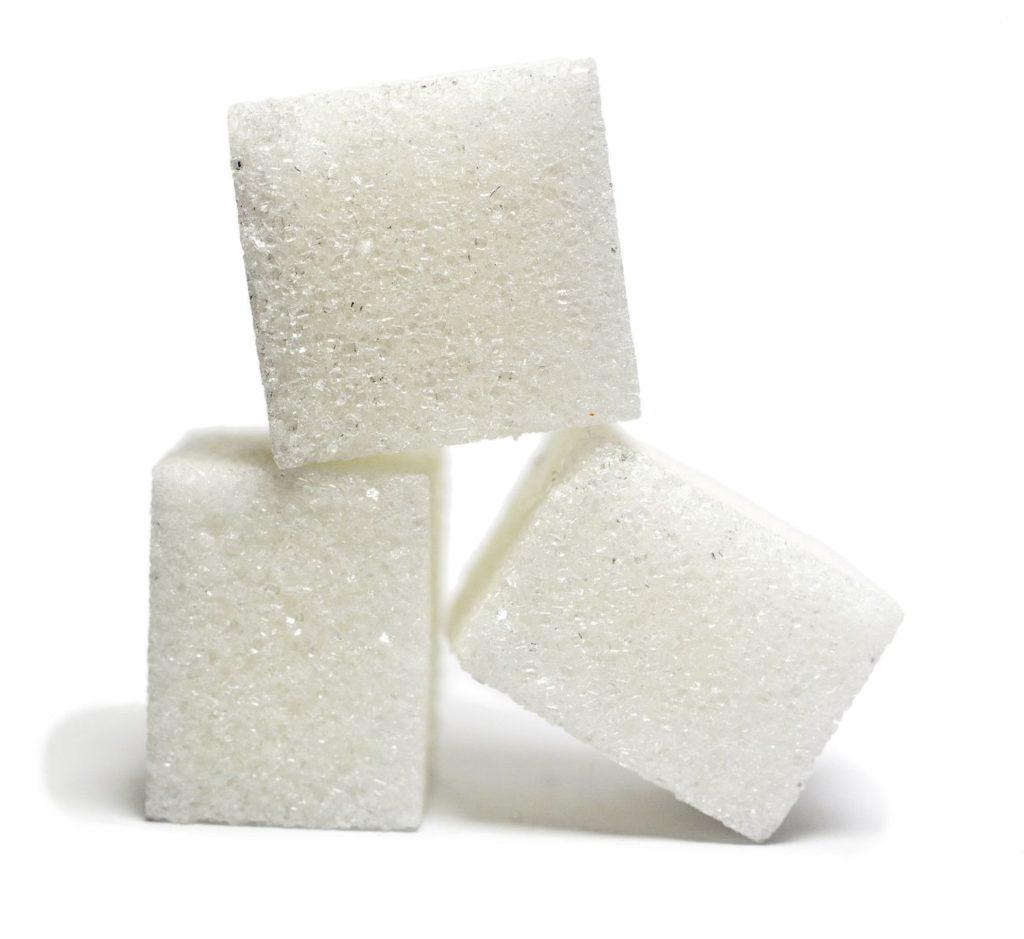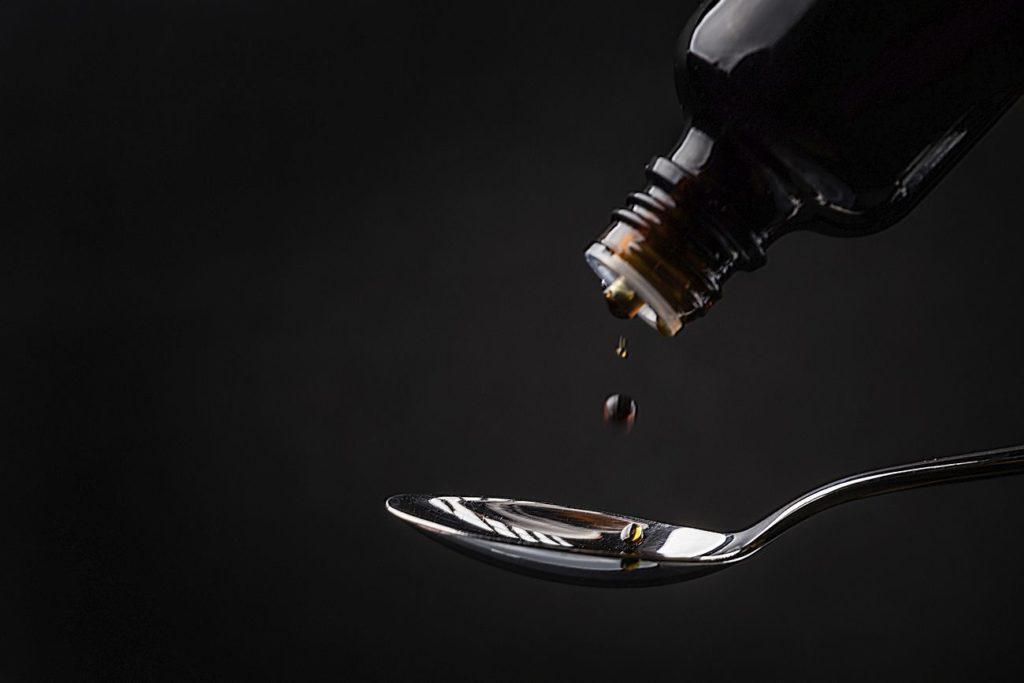The Impact of Sugar on Gut Health
In our previous post, we talked about reducing sugar in your diet and why it was bad for you. But we didn’t really talk about how it can cause you issues with your stomach (which I know all about, thanks to GERDS). The health of your gut is important for your overall well-being, and one factor that can significantly impact your gut health is your sugar intake. Your gut microbiome is made of trillions of microorganisms residing in your digestive system. These microorganisms play a vital role in maintaining a healthy gut. However, a diet high in added sugar can disrupt the balance of the gut microbiome and lead to various health issues. In this post, we will delve into the relationship between sugar and gut health, exploring how excessive sugar consumption can affect the microbiome and gut bacteria.
Why is Sugar Bad for Your Microbiome?

When we consume too much sugar, it can negatively impact the delicate balance of our gut microbiota. The gut microbiome consists of both beneficial and harmful bacteria, and an excessive intake of sugar can promote the growth of harmful bacteria while reducing the population of beneficial ones. This imbalance can lead to various digestive issues and compromise our overall gut health.
To promote a healthy gut, it is essential to maintain a balanced diet that is low in added sugars. Instead of relying on processed foods and beverages high in sugar, opt for whole, nutrient-rich foods that support the growth of beneficial gut bacteria. Consuming a diet high in fiber from fruits, vegetables, and whole grains, as well as incorporating probiotic-rich foods like kefir and yogurt, can support the health of the gut microbiome and contribute to a well-functioning digestive system.
Effects of Sugar on Gut Health
Bad Bacteria Can Irritate the Gut
When we consume excessive sugar, it provides fuel for harmful bacteria in the gut, such as Clostridium difficile. These pathogenic bacteria produce toxins that can irritate the lining of the gut, leading to inflammation and digestive discomfort. By reducing our sugar intake, we can help create an environment in our gut that is less favorable for the growth of these bad bacteria. The key takeaway is to reduce sugar and reduce the effects of sugar on gut health.

The Link Between Gut Health and Mood
Emerging research suggests that the health of our gut microbiome may influence our mood and mental well-being. Excessive sugar consumption can disrupt the gut microbiome, leading to an imbalance in neurotransmitters and potentially contributing to mood disorders such as anxiety and depression. By prioritizing our gut health and reducing our sugar intake, we may experience improvements in our overall mood and mental health.
If you have been consuming a diet high in sugar and want to restore the balance of your gut microbiome, there are steps you can take. Firstly, cutting back on sugar and opting for whole, unprocessed foods is essential. Additionally, incorporating probiotic-rich foods, such as yogurt and fermented vegetables, can help restore beneficial bacteria in the gut. Consulting with a healthcare professional or a registered dietitian can also provide guidance and personalized recommendations for improving gut health.

Types of Sugar and Their Effects on Gut Health
Added sugar can be hidden in a variety of food products under numerous names. Some common names for added sugars include sucrose, high fructose corn syrup, maltose, glucose, and dextrose. Being aware of these different names can help you make more informed choices when it comes to selecting foods and beverages with lower added sugar content. Remember, that no matter the name it still has the same effects as regular sugar on gut health.

Sugar Alcohols and No Calorie Sweeteners
Sugar alcohols, such as xylitol and erythritol, are often used as alternatives to traditional sweeteners. While they provide a sweet taste with fewer calories, excessive consumption of sugar alcohols can have a laxative effect and lead to gastrointestinal discomfort. No calorie sweeteners, on the other hand, may not directly impact the gut microbiome since they are not broken down or digested by the body. However, their long-term effects on gut health are still being researched.

In Conclusion
Understanding the impact of sugar on gut health is important for maintaining overall well-being. Excessive sugar consumption can disrupt the balance of the gut microbiome, leading to various health issues, including inflammation, leaky gut syndrome, and an increased risk of chronic diseases such as type 2 diabetes. By reducing your sugar intake, prioritizing a balanced diet, and supporting the growth of beneficial gut bacteria, you can take proactive steps toward enhancing your gut health. It is essential to consult with healthcare professionals or registered dietitians for personalized advice and guidance on optimizing gut health.
